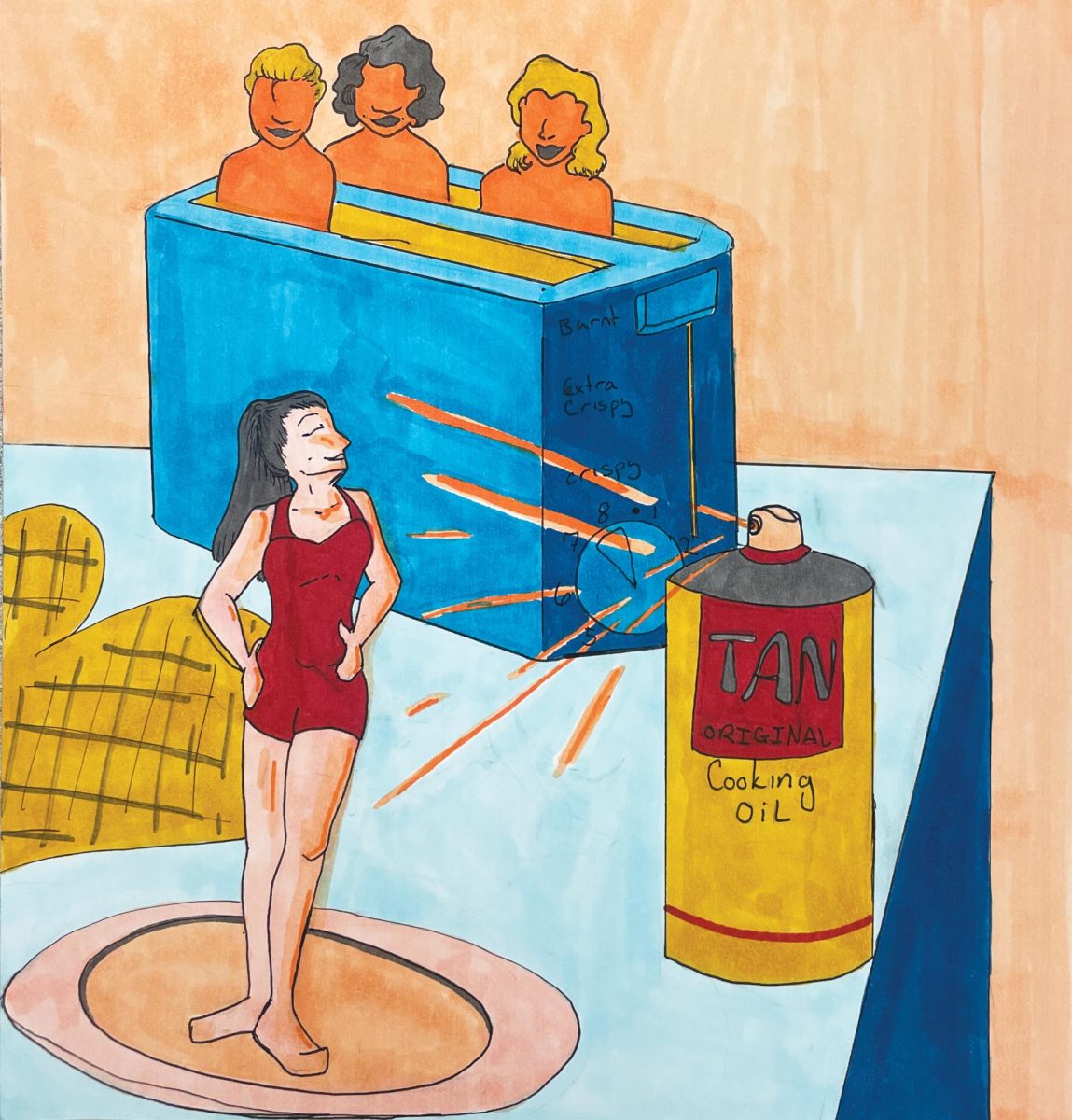By undertesting, states are able to loosen their regulations about the number of COVID-19 cases in the state and make models representing the cases seem like the state should be able to open sooner.
For Florida, the lack of testing in the state means that the real number of cases is much higher than predicted.
According to USA Today, the Florida governor has also resisted issuing a shelter in place order for the state, and left the beaches open which allows for more contact between people.
A Florida hospital was also accused of charging $150 for a test, limiting access to testing for poorer communities. Poorer communities are already disproportionately at risk for COVID-19, so charging for tests is an easy way to alter the number of cases in a state.
According to The Washington Post, some states track only results from public labs and ignore private companies, and some are hiding negative test results.
Health officials are also concerned that states do not all have the same method of reporting test results, making it difficult to determine the actual number of cases and deaths.
States like Ohio and Arizona are using only hundreds of tests per million people compared to states like New York and Hawaii, who are testing in the thousands per million people.
According to the Associated Press, Alabama has already begun to reopen, and has administered only over 100,000 tests for it’s 4.9 million residents.
Alabama also shows a downtrend in cases, reports NBC, but their limited numbers in testing are most likely accounting for it. By using less testing, the state appears to have a better recovery model and can allow for it to open up faster and restart the state’s economy.
The lack of testing in states will be dangerous, especially if the states reopen. By not knowing how many active cases are in the state, or potential asymptomatic carriers, there could be a resurgence in COVID-19 cases.
By opening non-essential businesses, there are more places where the disease can be spread, especially if the business does not follow regulations and take proper precautions.
OSHA is advising that businesses follow CDC guidelines for businesses reopening during COVID-19. Businesses who do not follow CDC guidelines are also putting employees with pre existing health conditions at risk.
Pa. Governor Tom Wolf put out guidelines for businesses that include mandatory wearing of masks, staggering work start times, social distancing, providing online training and more. Businesses not following guidelines can be subject to fines, citations and license suspensions.
These guidelines are not completely enforced by some businesses, and by reopening too early can easily spread disease.
By limiting testing, it is easy to reopen nonessential businesses early.
Making a state appear to be handling the virus and having less cases does not actually mean that there are less. It just means that the risk of the disease spreading is higher, because when it is not monitored properly, that is when it becomes even more dangerous.
Undertesting alter COVID-19 numbers, allow states to loosen regulations
As the country moves toward reopening, many COVID-19 cases go untested, making models about the number of cases inaccurate.






